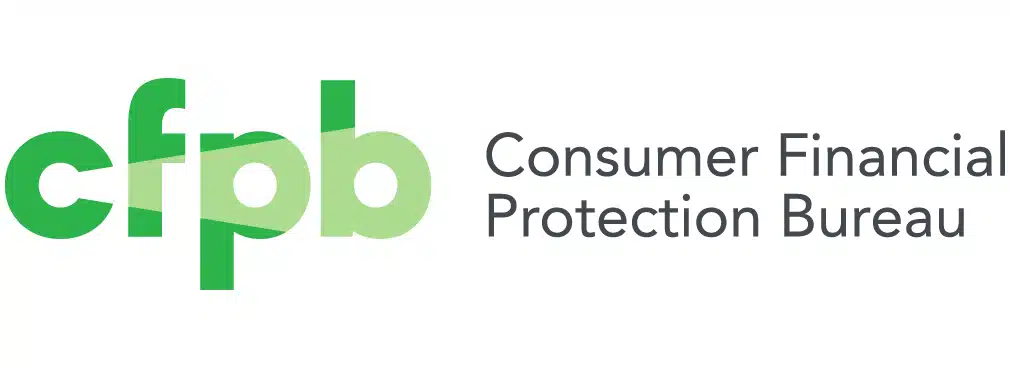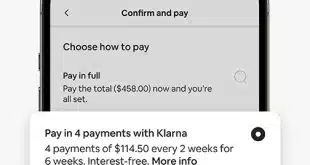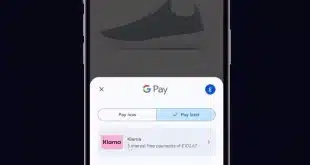A day after the Consumer Financial Protection Bureau floated a proposed data rights rule, reaction from the payments industry has been largely positive. The rule aims at governing the practice of sharing consumer data through open banking.
The proposed rule would require financial institutions to share data at a consumer’s direction with companies offering competing products. The move comes roughly a year after the CFPB announced its intention to regulate data sharing to help accelerate the shift toward open banking.
Under the Personal Financial Data Rights rule, consumers would have the power to share data associated with their checking and prepaid accounts, credit cards, and digital wallets to access competing products and services without worrying that their data might be used to serve commercial interests other than their own, according to the CFPB.

Equally important, the bureau says, is that the rule ensures consumers can be “certain that their data would be used only for their own preferred purpose—and not for financial institutions or tech companies to surveil and manipulate.”
In a statement, the Electronic Transactions Association says it applauds the move as it creates “a framework where consumers and businesses can participate with financial products and services that are convenient, secure, and reliable….The open banking rule will help all consumers manage their financial data, [and] increase competition as well as innovation.”
Key elements of the CFPB’s proposal include requiring banks and other providers to make consumers’ personal financial data available at no charge to consumers or their agents, through digital interfaces considered safe, secure, and reliable. This provision is aimed at eliminating so-called junk fees that might be levied in connection with data sharing.
The CFPB says the proposed rule would not only increase open-banking competition, but enable consumers to more easily shift their data to a competitor offering better or lower-priced products and services. “With the right consumer protections in place, a shift toward open and decentralized banking can supercharge competition, improve financial products and services, and discourage junk fees,” CFPB director Rohit Chopra says in a statement. “Today, we are proposing a rule to give consumers the power to walk away from bad service and choose the financial institutions that offer the best products and prices.”
The largely positive response to the rule so far may indicate the CFPB has achieved its stated goal earlier this year that, while it intended to regulate open banking, it had no intention of micromanaging it.
“The U.S. is a hotbed of open-banking innovation and customer demand is rocketing. Over 65 million consumer accounts are now using a common, free API standard to securely connect to innovative fintech services,” says Lewis Turek, vice president and general manager, North America, for GoCardless Ltd., says by email. “GoCardless applauds the CFPB for proposing a Personal Financial Data Rights rule that will help ensure the open-banking sector continues to grow sustainably and with customers’ interests at its heart.” GoCardless is a London-based fintech that specializes in open banking.
Still, some payments industry executives were somewhat indifferent to the news. “I don’t see this as either a big threat or a big opportunity, long-term or short-term. The [United Kingdom] has had open banking for 10 years and it has had no impact [on AmEx],” American Express Co. chief executive Steve Squeri said early Friday during the company’s third-quarter earnings call.
The CFPB will accept comments on the proposed rule through Dec. 29.





